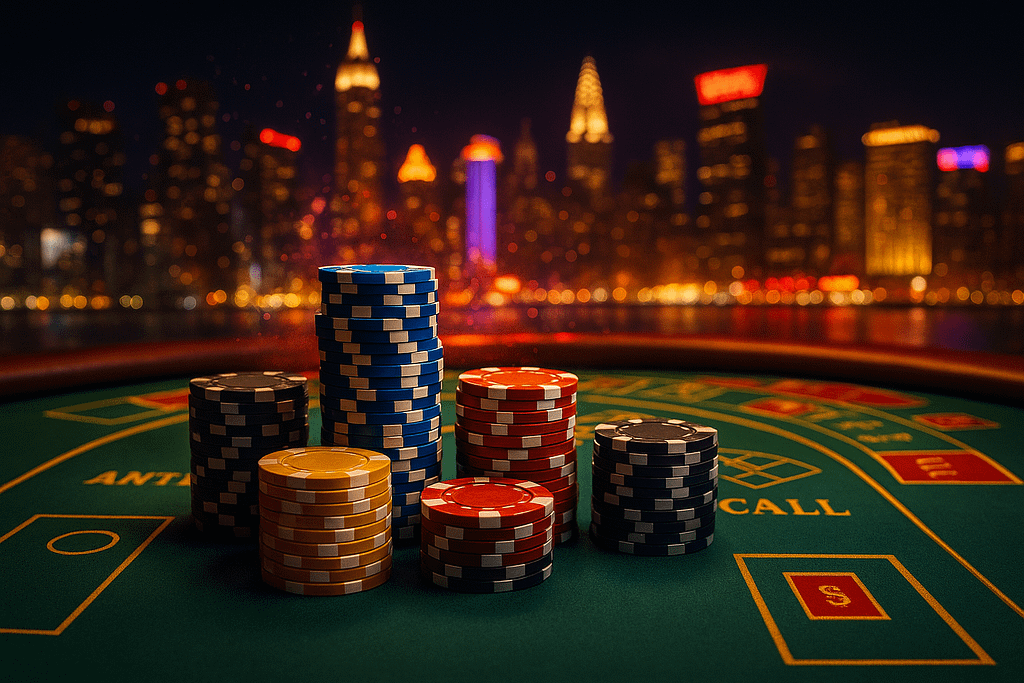
You’re at a dinner party, and someone across the room is pretending to be confident but you see through it. A colleague claims they’re fine, but their body language tells a different story. You’ve always trusted your gut, picked up on subtle cues, and felt one step ahead of everyone else. You’re the one people come to when they can’t figure someone out skills that also make Reading People in Poker your hidden advantage.
But how sharp are your instincts when the stakes are high, the pressure is real, and everyone is trying to outsmart you?
Welcome to the poker table where intuition meets deception, psychology meets probability, and your ability to read people isn’t just tested, it’s exposed.
🎭 The Game of Masks and Mirrors
Poker is not just about cards it’s about people. The hands you’re dealt matter, sure. But more important is how you play those cards, how you interpret your opponents’ moves, and how you convince them to misinterpret yours.
Every player enters the poker arena wearing a mask. Some act stronger than they are. Others downplay their strength. Many will hide behind silence. A few will distract with chatter. The most dangerous players? They’ll change masks faster than you can blink.
At the poker table, everyone is lying and everyone knows it.
That’s what makes it so fascinating.
🔍 Reading People: A Real-Time Test of Intuition
In everyday life, your ability to read others gives you an edge. In poker, that ability can be the difference between winning and losing.
You’ll quickly learn that:
- A confident posture might hide a weak hand.
- Nervous chatter could signal a bluff or be a ploy to seem weak with a strong hand.
- The silent type might be calm… or trying not to reveal their racing heart.
Microexpressions, the fleeting, involuntary facial cues that last fractions of a second are the holy grail for those skilled in reading people. They betray true emotion before the brain can hide it. Catch one, and you might unlock your opponent’s entire strategy.
But here’s the catch: the poker table is a battleground where everyone’s trying to manipulate what you see. It’s not just about noticing cues; it’s about understanding intention behind them.
Sharpen your people-reading skills with guides from Lets Go Poker.
🧠 Bluffing: The Art of Telling Believable Lies
A bluff is a beautiful thing. It’s a story told without words. When you bluff, you’re selling a narrative: “I have you beat.” And your opponent is trying to decide whether to buy it. If you’d like to sharpen this skill, you can contact Lets Go Poker for deeper insights.
To succeed, you must:
- Control your breathing.
- Maintain eye contact or avoid it deliberately.
- Time your bets and raises to mimic confidence.
- Project strength while feeling panic.
Great bluffs aren’t wild gambles they’re calculated risks, backed by your knowledge of how others think, react, and read behavior.
And sometimes, you bluff not to win the hand but to plant a seed in your opponent’s mind for a future play.
As legendary poker pro Daniel Negreanu once said,
“Poker is not about the cards it’s about playing the person across from you.”
🧩 Tells: Truth in the Details
You might think you’ve spotted a “tell.” Maybe someone licks their lips every time they’re bluffing. Or their hands shake when they have a strong hand. You act on it boom, you win. You smile. You’ve cracked their code.
But then it happens again… and this time, you lose.
What you missed? They knew you saw their tell and they used it against you.
Level 1 tells are unconscious.
Level 2 tells are deliberate signals designed to manipulate.
Level 3 tells are reverse-reverse psychology traps set by high-level players.
Each layer forces you to not just read, but also analyze, adapt, and anticipate. Poker doesn’t reward a single flash of insight it rewards sustained psychological warfare.
🧘♂️ Control Thyself: Emotional Discipline as a Weapon
You can’t read others accurately if you can’t control yourself. Poker forces you to examine not just your opponents but your own mind. This kind of emotional discipline is one of the most powerful life lessons from poker.
The best players don’t just read others well. They also:
- Hide their own emotions flawlessly.
- Stay calm after a brutal loss.
- Avoid “tilt” (emotional decision-making).
- Keep their strategy intact under stress.
You may think you’re calm and composed but when you’re staring down a $2,000 bet with a mediocre hand and a pulse pounding in your ears, you’ll find out who you really are.
Poker reveals the limits of your self-awareness.
🕵️♂️ Every Move Tells a Story
Every action at the poker table is loaded with meaning:
- A quick bet could mean confidence or a bluff trying to seem like confidence.
- A long pause could indicate uncertainty or fake hesitation.
- A check might be weakness or a trap.
Poker is not a silent game. Even when no one speaks, the table is alive with language a non-verbal dialect of gestures, timing, rhythm, and silence.
Are you fluent?
🧠💥 The Psychology of High Stakes
Here’s a thought experiment: Could you make a $5,000 call with only a hunch based on someone’s breathing? Could you push all your chips in on a bluff because your opponent raised an eyebrow?
In high-stakes poker, the tiniest read can be worth thousands.
This is pressure that few situations in life replicate. It’s emotional intelligence on adrenaline. It’s poker.
📚 Poker Legends Who Mastered the Human Game
Names like Phil Ivey, Vanessa Selbst, Antonio Esfandiari, and Liv Boeree aren’t just poker pros they’re world-class readers of people.
Boeree, a physicist-turned-poker champ, puts it best:
“Poker is the only game where the best decision can still lead to losing but you play anyway because over time, the smartest mind prevails.”
They don’t win because they always get the best cards.
They win because they know people better than anyone else at the table.
🧠 The Real Reason You Should Try Poker
If you truly believe you’re good at reading people, don’t just say it. Prove it.
Poker is the crucible of human interaction. It challenges your:
- Perception – Can you see what others miss?
- Intuition – Can you trust your gut and back it with action?
- Patience – Can you wait for the right moment to strike?
- Emotional Intelligence – Can you decode and disguise emotion in real time?
It’s not about luck. It’s not about cards. It’s about people and your ability to outthink them under fire.
Your Move
So here’s the challenge:
Sit down. Stack your chips. Watch. Read. React.
Because at the poker table, there are no filters, no social niceties, no second chances. There’s only you, your instincts, your ability to understand others and your courage to act on it.
You say you’re good at reading people?
Then prove it… at the poker table.

